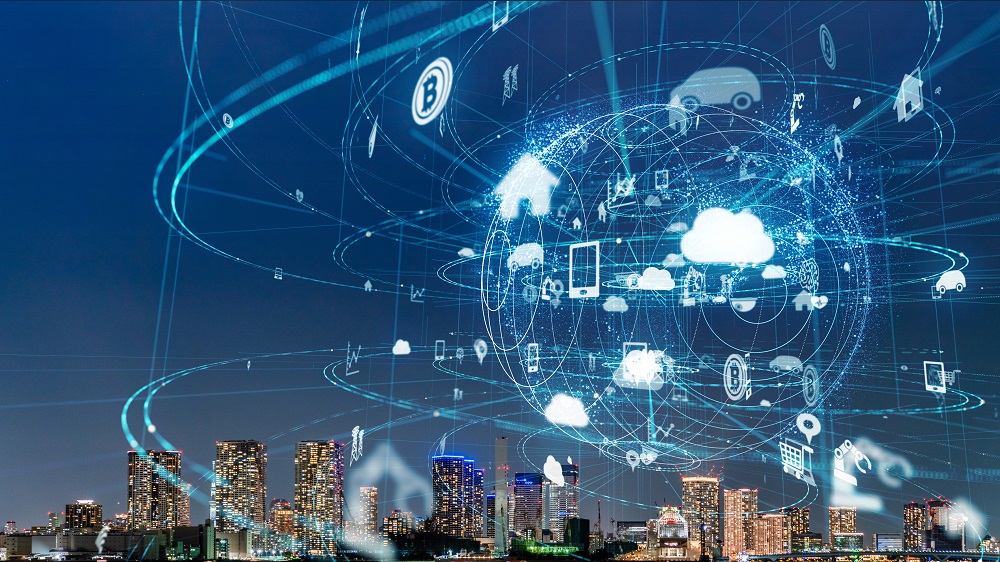Nothing works without connectivity. Much of human and all of machine communications and digital media would cease to exist without it. As connectivity reaches new, limitless and more intelligent forms with 5G, virtualized and open networks, the need for limitless intelligent decisioning grows. The uses include planning, running and exploiting current and future connectivity; optimizing customer journeys; combating fraud; and keeping connections safe from fraud or cyberattacks. Millions of intelligent decisions need to be taken across domains and silos in a split second to unleash the value of intelligent connectivity. And analytics, AI and machine learning will pave the way. I asked a few of our experts for their views.
What does limitless intelligent connectivity even mean?
Limitless is all about expanding and improving access – providing efficient access to connectivity. Intelligent describes the involvement of machine learning and AI to improve services and experiences for customers. Finally, connectivity recognizes the need to be connected anywhere and anytime, and via any channel. Intelligent connectivity will see the convergence of AI, big data and the Internet of Things to bring people, "things" and places ever closer together.
Is 5G the game changer?
5G is often described as capable of kicking off a new digitally-driven industrial revolution. By connecting everyone to everything, across every industry, these opportunities are genuinely without limits. “There has been plenty of hype about 5G ever since its launch in 2012. It promised more speed, much larger bandwidth, low latency, and higher coverage," says João Oliveira.
However, some of the 4G technology has now superseded some of these issues. In 2017 the Cat-NB1 LTE/4G chipset was launched, which was promoted as having optimized power consumption. Deploying AI on the edge is therefore already possible, meaning that organizations can run self-learning decision management applications. This dramatically reduces the need to transfer huge amounts of data, either to on-premises data centers or the cloud. João, therefore, believes that AI on the edge has become more important than 5G in driving IoT market adoption. An interesting debate.
How will you and I see benefits?
I’ve wondered about the improvements limitless intelligent connectivity will actually provide to the average person – and whether people are prepared to pay the price for it. Sasa Crnojevic believes we are moving into an era when you no longer need to carry ID, keys or money, but technology allows seamless and safe identification and access. An AI system can remotely monitor your health and automatically warn of potential problems, even alerting emergency services if necessary. The only question is whether people will be prepared to give up that much control over their data – and some of their privacy – for the sake of this level of connectivity and improved services. Will the trade-off be worthwhile?
Are we designed to crave this connectivity?
Intelligence means learning from what has happened, the context in which it happened and the outcome, then using that to improve future choices. Adrian Carr explains that in customer decision making, this means analyzing data, assessing the current situation and taking the optimal set of actions to achieve the preferred outcome. Connectivity between past, present and future across all communication channels is a continuous effort that also benefits from automation with intelligence. Adrian comments, “In today’s hyperconnected world, managing that scale whilst pinpointing the message is crucial to success, and it needs to be nurtured.”
How will we stay secure?
We have seen the double-edged nature of technology and the challenges that might emerge. According to Sundeep Tengur, “The technologies that underpin intelligent connectivity have huge potential make our lives easier, with driverless cars, interconnected devices and digital assistants. However, security is vitally important to prevent criminal activity: as a priority, therefore, the technology must be designed to be safe against fraud and cyberattacks.”
How are our needs changing?
Many of the projected advances do indeed seem to assume limitless intelligent connectivity. Better health outcomes, more secure transactions, and greater sustainability are just a few examples of how we can combine streaming data and intelligence for a better world. So perhaps limitless intelligent connectivity will become a necessity. These will include telco4good, anti-fraud solutions, networking analytics solutions, data governance, intelligent IoT and ways to manage risk in various sectors, as well as AI and machine learning. We hope to see you there.

